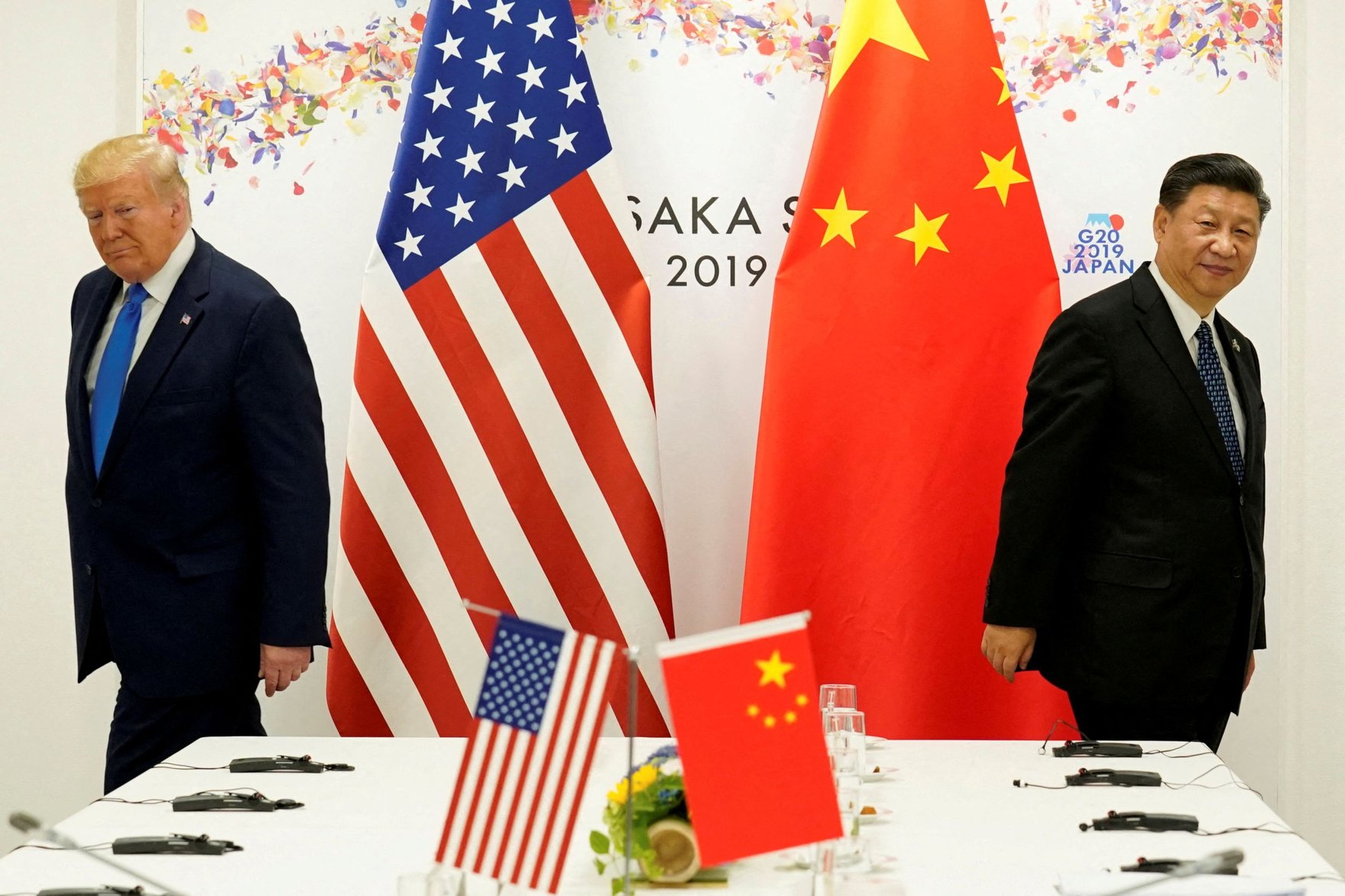This article was first published by the Toronto Star.
The post-Cold War order has collapsed, and NATO allies face the prospect of one day finding themselves in a war for which they are ill-prepared.
Despite years’ worth of evidence that the hostile axis anchored by China and Russia was preparing for conflict and growing more powerful by the day, America’s allies failed to make the investments needed to rebuild their military power and help the United States deter war.
Only when confronted with the reality that the U.S. would no longer backstop them if they continued to shirk their obligations did they honour their longstanding commitment to spend 2 per cent of GDP on defence. And at the recent NATO summit, under increasing U.S. pressure and the growing risk of war, NATO leaders set a goal of spending up to 5 per cent of GDP by 2035 — 3.5 per cent on core military needs and 1.5 per cent on defence- and security-related infrastructure.
While large-scale defence investments are long overdue and urgent, they will matter for nothing if the allies — America included — fail to secure themselves against the decades-long economic warfare Beijing has perpetrated against the West.
Almost without exception, key allies made themselves vulnerable to Beijing at the end of the Cold War, as foreign policy and economic elites championed the misguided belief that economic interdependence would pave the path to peace and prosperity. Enchanted by this fantastical view of the world, the allies made themselves easy targets, reducing their defence spending and opening up their economies to rival states.
As the allies prepare to rebuild their defence capabilities, their top priority must be a hard decoupling from Beijing.
Seizing the opportunity to attack the allies from inside their own economic systems, China pioneered a sophisticated form of economic warfare. Weaponizing its market size, as well as offers of easy money and cheap labour pools, it used malign trade and investment, research partnerships and other economic activities to buy, bully and cheat its way into the allies’ military supply chains, industrial systems and sensitive technology networks.
Once inside, it set to work: theft, espionage, sabotage, bribery and manipulative market practices helped China amass the economic and military power it needed to harass and intimidate other states into doing its bidding. And as its power grew, so did its brazen aggressions. China now routinely uses political interference, hostage diplomacy, cyberattacks, military intimidation and harassment, disinformation campaigns and transnational repression in its daily attacks on other states.
The military effects that flow from this economic warfare are especially serious, not to mention dangerously underappreciated. Having secured critical chokepoints in military supply chains and made itself the world’s manufacturing hub, China has the ability to stop the allies from producing critical weapons at scale, if at all. It has also erased the technology gap that the allies long relied on to deter it from making credible military threats against them, and it has positioned itself to execute sabotage and espionage attacks on the critical resources allied militaries need in order to mobilize, communicate and fight.
In other words, Beijing has made economic interdependence a Trojan horse.
Efforts by some allies to combat this economic warfare have been made in half-measures, if only because an open economy can never be secured against a determined state actor that’s nested within it. But as the allies prepare to rebuild their defence capabilities, their top priority must be a hard decoupling from Beijing. If they fail to shut China out of their economic systems, the hundreds of billions of dollars they’re promising to spend on defence may serve as yet another unintended contribution to its war machine.
Canada’s place in the new global order depends in large part on making reforms to meaningfully contest Beijing. In a world readying itself for sustained and intense competition between the major powers, if not widespread war, allies able to secure themselves against Beijing’s economic warfare will be critically important. Our natural resources, geographic distance from “hot zones” and deep interconnectivity with the U.S. — still the world’s single most powerful country — position us well to secure a place for ourselves among them.
If we instead follow the counsel of those who would have us deepen our relations with Beijing to reduce our dependence on the U.S., we will soon find ourselves suffering the consequences of partnering with an adversary. Beijing will attack us because it can, and the allies will bypass us because they must.
What’s more, the U.S. will treat us as a threat to its security — because we will have made ourselves precisely that.




